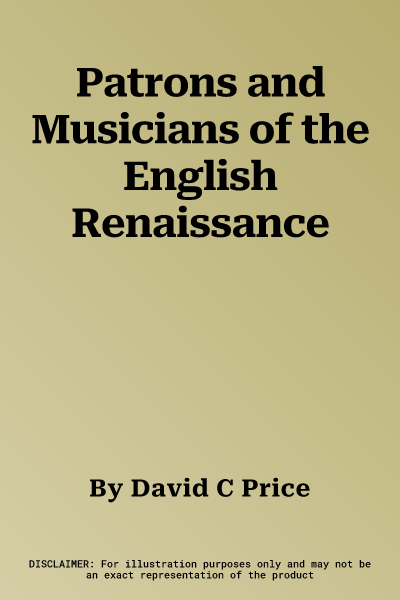David C Price
(Author)Patrons and Musicians of the English RenaissanceHardcover, 31 March 1981

Temporarily out of stock
Free Delivery
Cash on Delivery
15 Days
Free Returns
Secure Checkout

Part of Series
Cambridge Studies in Music
Part of Series
Cambridge Monographs on Mechanics and Applied Mathematics
Print Length
270 pages
Language
English
Publisher
Cambridge University Press
Date Published
31 Mar 1981
ISBN-10
0521228069
ISBN-13
9780521228060
Description
Product Details
Author:
Book Format:
Hardcover
Date Published:
31 March 1981
Dimensions:
22.81 x
15.19 x
2.39 cm
ISBN-10:
0521228069
ISBN-13:
9780521228060
Language:
English
Location:
Cambridge
Pages:
270
Publisher:
Weight:
521.63 gm